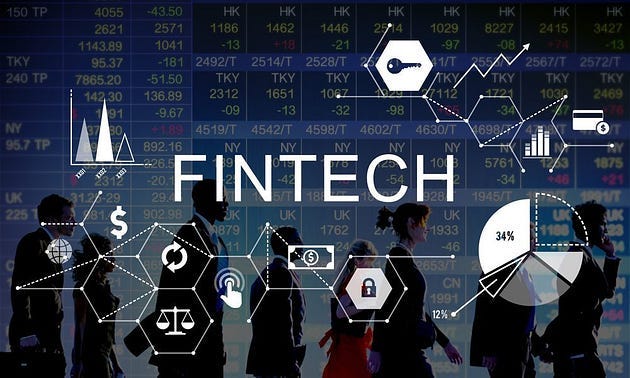Fintech Services: The Future of Financial Transactions

Fintech services have become increasingly popular in recent years, transforming the way we handle financial transactions. Fintech, short for financial technology, is the application of innovative technology to the design and delivery of financial services. Fintech companies are challenging traditional financial institutions by offering faster, cheaper, and more convenient services.
Fintech services encompass a broad range of financial products and services, including mobile payments, digital wallets, peer-to-peer lending, robo-advisors, blockchain and NFT, and cryptocurrency. These services are designed to improve the customer experience and provide greater access to financial services.
One of the most significant advantages of fintech services is their convenience. Customers can access financial services at any time from anywhere, using their mobile phones or computers. They no longer have to visit a bank branch or wait in long queues to access financial services. Fintech companies have made it possible to open bank accounts, apply for loans, and invest in financial products with just a few clicks.
Fintech services also offer faster and cheaper transactions. Digital payments and mobile wallets have made it possible to transfer money instantly, without the need for intermediaries or traditional banking channels. Peer-to-peer lending platforms have made it easier for borrowers to access credit, while also providing better returns for lenders. Robo-advisors have made investment advice more accessible, reducing the need for human advisors and their associated fees.
Another significant advantage of fintech services is their ability to reach underserved and unbanked populations. Traditional financial institutions have historically overlooked these groups, either because they are not profitable or because they lack the necessary documentation or collateral. Fintech companies, however, are using innovative technologies to reach these populations, offering services such as mobile payments, microloans, and digital savings accounts.
Despite these advantages, fintech services also present some risks and challenges. One of the biggest risks is cybersecurity. Fintech companies deal with large volumes of sensitive data, making them an attractive target for cybercriminals. Fintech companies must invest heavily in cybersecurity measures to protect their customers’ data and maintain their trust.
Another challenge is regulation. Fintech companies operate in a complex regulatory environment, with different regulations governing each financial product and service. Fintech companies must ensure they comply with these regulations, which can be costly and time-consuming.
In conclusion, fintech services are transforming the financial services industry by offering faster, cheaper, and more convenient services. Fintech companies are challenging traditional financial institutions and providing greater access to financial services. While there are risks and challenges associated with fintech services, their benefits make them an attractive option for customers and investors alike. The future of financial transactions lies in the hands of fintech companies, and it will be exciting to see what innovations they come up with next.
Do you want to To promote your business?
Get Your Business Featured at businessdor.com/get-featured/
Businessd’Or is a media company focused on business, innovation, investment, technology, entrepreneurship, leadership and lifestyle.
Comments
Post a Comment